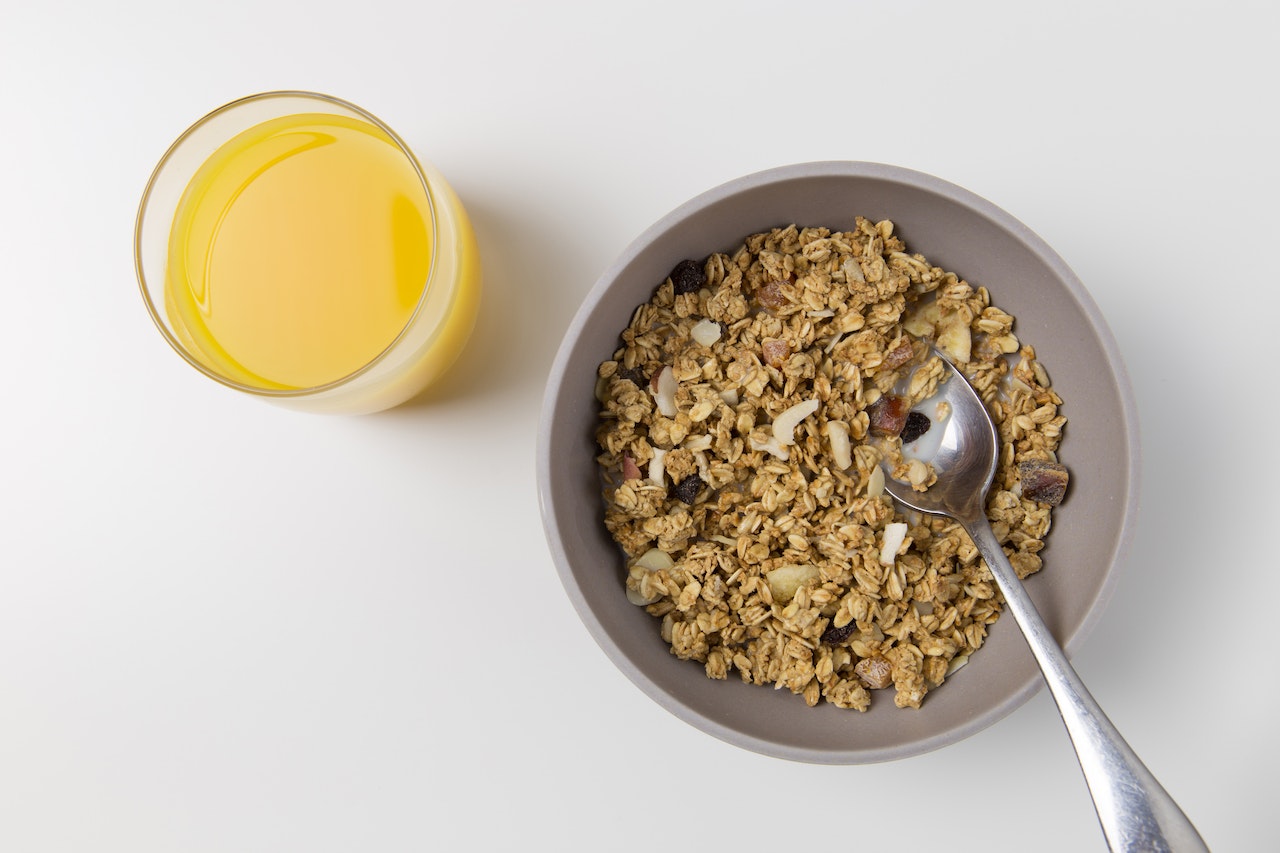Whether you’re looking to ease those occasional bouts of tummy turmoil or just wanting to optimize your wellness- improving your gut health is a good place to start. A healthy digestive tract has been linked to lower risk for conditions like colon cancer, IBS and indigestion, as well as better mental health. So, what can you do to start reaping the benefits of a healthy digestive system? Don’t just go with your gut on this one. Check out these science-backed ways to improve your digestive health.
Gut health basics
Before we dive into the how-to of gut health, let’s break down the basics. Your gut is made up of all the organs in your digestive system but primarily the small and large intestines. The intestines contain trillions of tiny bacteria referred to as your microbiome – that play various roles in your health. Some of these bacteria are good for you while others may be harmful. So, when we talk about improving gut health, we often mean creating an environment where good bacteria can thrive. A thriving microbiome consists of many different types of good bacteria referred to as microbiome biodiversity.
- Don’t skimp on fiber
We’ve got 99 reasons for you to eat fiber and gut health is one. Fiber is a carbohydrate found in fruits, vegetables and whole grains. Your body can’t digest fiber, so instead, it makes its way into your colon where it’s broken down by the bacteria in your gut (and we haven’t even gotten to the good part yet). This breakdown process produces methane (yes, sometimes this leads to gas) but also something called short chain fatty acids (SFCA). SCFA have loads of health benefits including keeping the good, health promoting bacteria in your gut flourishing.
Most of us are only eating 10-15 g of fiber a day. That’s less than half of the 38 grams a day recommended for men over 50 –but adding fiber to your diet can be simple. Toss a handful of oats into your morning smoothie or cook up your favorite pasta dish using whole wheat pasta.
- Keep it moving
Your body that is. Regular exercise can benefit your digestion in more ways than one. First, low intensity exercise is linked to higher gut motility (i.e. stool moves through your colon faster i.e.i.e. you poo faster). Why is quicker moving stool a good thing? Because the bacteria that live in your colon breaks down nutrients in your waste, creating byproducts, which have the potential to be harmful, the longer your waste sits in your colon. Exercise has also been linked to a higher diversity of gut bacteria which can mean good things for your digestive system and overall health. Bottom line: staying active helps keep your gut in good shape. Aim for 30 minutes of low or moderate intensity exercise per day.
- Drink up
The term ‘beer belly’ just got a whole lot sexier thanks to new research that found a link between beer consumption and gut health. Hold our kombucha, please. A study done on male beer drinkers found that those who drank 1 beer a day over a 4-week period had an increase in gut microbiome diversity. That is to say, the beer drinkers had healthier guts than the non-beer drinkers. This result could, in part, be because of the high polyphenol content of beer. Polyphenols are plant sourced nutrients with health benefits, including promoting biodiversity in your gut. But before you make a sloshy toast to your gut health, more research is needed to make any definitive statements about the health benefits of beer. If you’re choosing between a soda and a non-alcoholic beer though… you’re better off grabbing a cold one.
- Meditate
Keeping your stress levels in check is easier said than done but finding your zen can have a big impact on your digestive health. When you’re stressed (either mentally or physically) your body goes into fight or flight mode, signaling the release of stress hormones that can interfere with the healthy bacteria that reside in your gut. Meditation can help lessen your body’s stress response- keeping your gut bacteria healthy and happy. If you’re part of the 88.2% of men that have never meditated- start with an app like headspace or set a timer for 1 minute and focus on your breathing.
About Allie
Allie has a master’s in nutrition science from Framingham State University. She has worked as a Health Educator and Personal Trainer, and has a passion for helping people lead happier, healthier lives.
Do you have questions about supplements? Reach out to one of our experts, or take Persona’s free nutrition assessment, and learn exactly what you need to take your wellness to the next level

